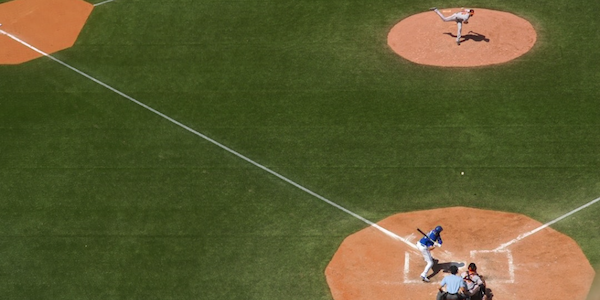I grew up at the ballpark. My dad played fast-pitch softball every summer, he’s an avid baseball fan (go Dodgers!), and we often went to our local Legion baseball games together. All three of my kids have played baseball or softball from T-ball through high school, and you can usually find me listening to the radio during every Colorado Rockies game. So, given a lifetime of baseball experience, I’d like to think I’m pretty knowledgeable about the rules of the game.
But at a game earlier this summer, I learned a new rule – an overthrown ball that goes out of play (beyond the fences or into the dugout) has the same effect as a hit ball that bounces over the outfield fence. In both situations, all runners get to advance two bases. I was surprised that even after years of watching baseball, I’d never seen this before.
There are two kinds of rules in baseball. There are the rules that are used frequently, in almost every game, so everyone knows them by heart; and then there are the ones that are just a footnote in the rulebook, or a tiny little tweak to an existing rule. But those tweaks and footnotes can affect the outcome of the game just as much - or more so - than the more commonly understood general rules.
The world around us is changing rapidly. The “rules” that govern the success or failure of nonprofit organizations today aren’t always the same ones that mattered ten or twenty years ago. And tomorrow, a new rule might come into play that changes everything. From advancements in technology and communications, to new legislative and economic realities, the nonprofit rulebook is always finding ways to surprise you.
Rules were made to be followed, but no one ever said the rulebook couldn’t change. No matter how well you think you know something today, you will never have all the answers for the future. We need to be open to learning, asking questions, and adapting to our ever-changing world. And if you’re worried about leaving your old, well-thumbed rulebook behind…well, my eight-year-old dog Oscar (and his brand-new Frisbee-catching skills) are proof that it’s never too late to learn.

